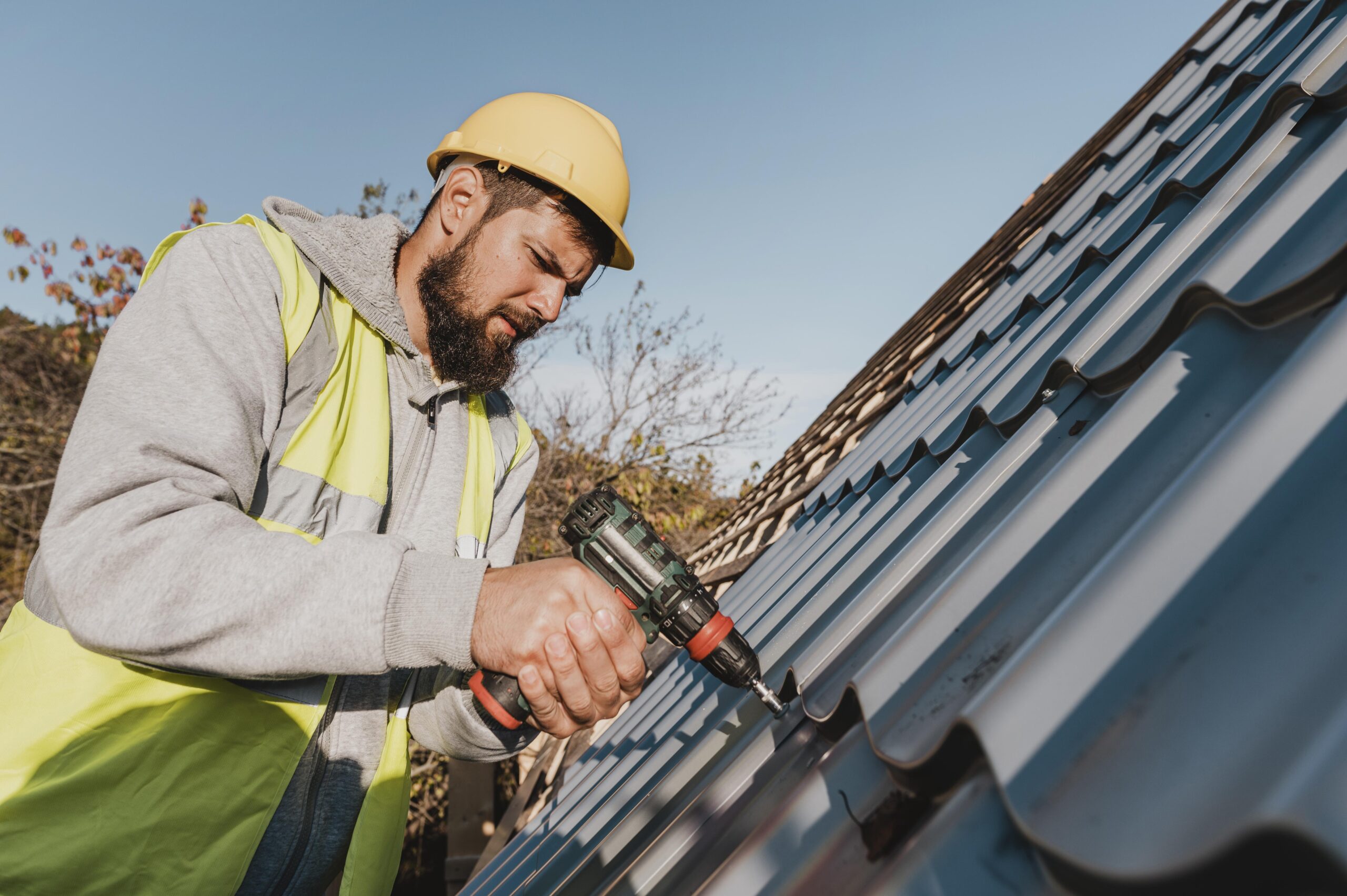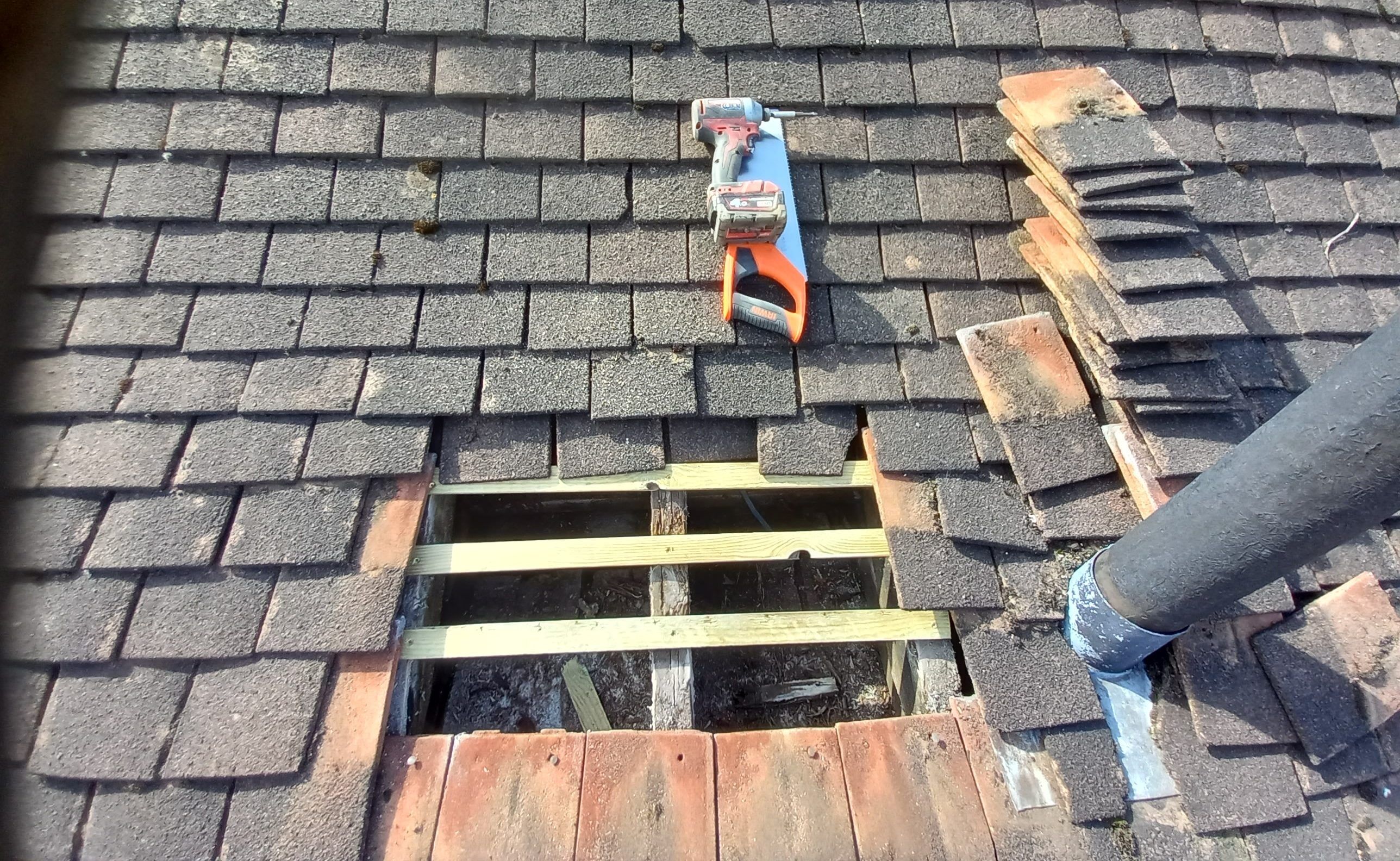The Advantages of Energy-Efficient Roofing for Lower Energy Bills
Energy-efficient roofing presents an engaging case for homeowners looking for to reduce their energy bills while improving overall convenience. By incorporating sophisticated materials that show warm and enhance insulation, these roofing options can significantly lower home heating and cooling down demands. This shift not only converts into prompt cost savings yet also adds to the long-term longevity of the roofing system itself. As power costs remain to increase, the effects of embracing such roof require a closer exam. What extra benefits might these materials supply beyond simply monetary cost savings?
Recognizing Energy-Efficient Roof Covering
Recognizing energy-efficient roof covering begins with acknowledging its critical duty in improving a building's thermal performance. Roof substantially influence a framework's energy intake by controling warmth transfer in between the exterior and interior environments. A reliable energy-efficient roofing reduces warmth absorption throughout the warmer months and lowers warmth loss throughout colder durations, promoting a comfy living or functioning room while decreasing dependence on home heating and cooling systems.
The design and building of energy-efficient roofings integrate different features that add to their effectiveness. These roof coverings generally include reflective materials that decrease solar heat gain, in addition to insulation layers that strengthen total thermal efficiency. Appropriate air flow is also crucial, as it aids to dissipate excess warm and dampness, even more boosting power effectiveness.
Furthermore, energy-efficient roof can prolong the life expectancy of the building's total framework by mitigating the deterioration connected with temperature level fluctuations. This toughness translates into lasting expense financial savings, as homeowner might experience less repair work and replacements gradually. Eventually, comprehending the essential principles of energy-efficient roofing allows stakeholders to make enlightened decisions pertaining to building design and upkeep, promoting sustainability and financial advantages at the same time.
Types of Energy-Efficient Roof Products
When selecting roof products, building proprietors have a range of energy-efficient options that can significantly improve a building's sustainability. Among one of the most popular products are reflective metal roofings, which effectively show sunshine, reducing warm absorption. This characteristic not just helps keep reduced interior temperatures yet likewise lengthens the life-span of the roof material.
Another superb option is awesome roofing membrane layers, commonly made from modified bitumen or single-ply products. These membranes are developed to mirror solar energy and can decrease cooling expenses considerably (roofing honolulu). Asphalt roof shingles with reflective granules can likewise boost energy efficiency while offering a classic visual.

Furthermore, tile roofing systems, especially those made from clay or concrete, can add to power effectiveness as a result of their thermal mass, which assists control interior temperature levels. Environment-friendly roofings, featuring plants, offer insulation benefits and minimize metropolitan warmth islands, making them an increasingly prominent choice for eco-conscious homeowner.
Influence on Utility Bills

Additionally, energy-efficient roofings can likewise enhance thermal insulation, assisting to keep heat during colder months. This dual functionality means that heating systems can operate more efficiently, further contributing to reduced power costs. House owners might observe a decrease in both cooling and home heating expenses, creating a more balanced power intake account throughout the year.
In addition, several energy-efficient roof covering choices come with longer life expectancies and much less maintenance demands, which can translate to further expense savings gradually. By buying these products, residential or commercial property proprietors can profit from prompt decreases in energy expenses while also enjoying lasting financial advantages. In summary, the influence of energy-efficient roof on energy expenses is significant, making it a sensible investment for those aiming to enhance their power expenditures.
Ecological Advantages
One significant advantage of energy-efficient roofing is its positive influence on the atmosphere. These roofing systems are made to show even more sunshine and absorb less warmth, which significantly lowers the city warm island result. By lowering surrounding temperature levels, energy-efficient roofs add to boosted air quality and minimized power demand for cooling in neighboring buildings.
Furthermore, the decrease in energy usage lowers the reliance on fossil fuels for electrical energy generation, resulting in reduced greenhouse gas discharges (roofing honolulu). This not only mitigates environment adjustment however also decreases the dangerous toxins launched right into the ambience, profiting both human health and the ecological community

Last but not least, the durability of energy-efficient roofing systems frequently results in lowered waste generation. Conventional roof covering products may call for more constant replacement, resulting in increased land fill payments. On the other hand, straight from the source energy-efficient options often tend to have actually prolonged life-spans, consequently supporting environmental stewardship. On the whole, the ecological advantages of energy-efficient roof covering are significant, making it a critical factor to consider for eco-conscious property owners and builders alike.
Enhancing Home Value
Spending in energy-efficient roof covering can considerably improve home worth, appealing to a growing market of ecologically aware customers. As awareness of climate modification and sustainability click here to read rises, numerous possible homeowners prioritize power efficiency when examining properties. A properly designed energy-efficient roof covering not only lowers utility expenses yet also demonstrates a dedication to environmental obligation, making a home much more attractive in an affordable property market.
In addition, energy-efficient roofing products, such as great roofing systems and solar roof shingles, often come with prolonged guarantees and reduced maintenance prices, even more boosting a residential or commercial property's charm. This investment can result in a higher assessment worth and can bring in purchasers ready to pay a costs for homes with lasting functions.
Moreover, energy-efficient Your Domain Name roofings can boost general building aesthetic appeals, as numerous modern materials supply a selection of designs and colors. This flexibility enables property owners to preserve architectural stability while accomplishing power savings. Eventually, by picking energy-efficient roof covering, homeowners not only contribute to a much more sustainable future yet likewise place their property for greater resale potential, making it a sensible investment in both functionality and bankability.
Verdict
In conclusion, energy-efficient roof supplies substantial benefits, consisting of minimized energy expenses, improved thermal performance, and environmental benefits. Emphasizing the significance of embracing energy-efficient roof can lead to substantial financial cost savings and a more lasting living environment.